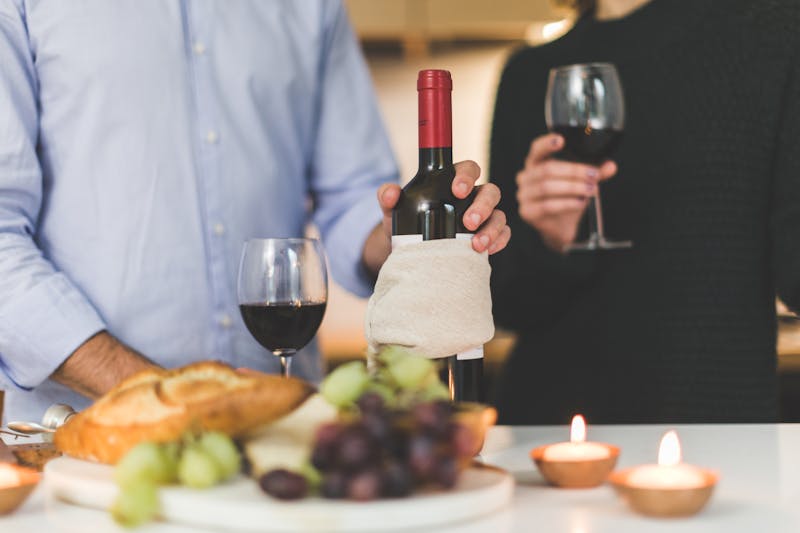Welcome
Subscribe to our NewsletterThe Right Way to Store Your Wine Leftover

The minute you extract that coffee, wine will come in contact with air. If you aren't considering consuming all of the wine in a single sitting, you have to know how to store the rest of the wine so that it won't go south.
Oxidation is the chemical reaction that occurs when oxygen will come in contact with wine. At first, oxidation is really a great thing; it helps "open up" the wine, showing different areas of its bouquet and aroma. But after a couple of hours, further oxidation is just a terrible thing. It starts to hurt the wine and will eventually ruin it.
A number of us have experienced the experience of having an unfinished bottle outside through the night minus the cork back. If re-corked the overnight, the wine will often taste flat, "raisiny," and disagreeable -- something of the oxidation procedure. Even the most delicious wine Shanghai can be left unfinished so make sure you know how to make them last longer.
Therefore how can you preserve a open wine bottle when you do not want to (or can not) drink the whole lot in one sitting? You will find only four reputable Procedures of maintaining the remaining wine, more dependable than many others:
1. To begin with, set the cork back on and put the wine from the fridge. The oxidative process decreases radically in warmer temperatures. This is a very easy -- and also a fairly reliable -- way when you don't have any other choices. Undoubtedly far better than leaving a open bottle on the kitchen counter overnight.
2. Another solution is to transfer the remaining wine to your half-bottle (375ml) and then put that in the refrigerator) Doing so eliminates the majority of the atmosphere that will ordinarily are exposed to the wine in a standard-size jar (750ml). While more effective that method no1, this involves carefully transferring over the wine, which is only practical regarding a funnel.
3. A third choice will be to pump out the air in the jar with a "wine pump." You're able to get a wine pump virtually everywhere nowadays , even yet in stores like Target, Bed Bath and Beyond, and Linens and Things. These pumps are quite reliable, however I have found they work best if you stick the bottle in the fridge after pumping out the atmosphere (no pump may completely get rid of the atmosphere from the bottle). Otherwise, you'll still find a small variation in taste a day later, and a more conspicuous difference that the subsequent day and outside.
4. This, definitely, is probably the most effective and dependable method of keeping wine fresh. While these sprays cost about $10 a bottle, they are quite dependable and effective. I think, this could be the sole means to store started wine. The spray is in fact a combination of harmless inert gasses (gasses that don't react with wine), that retain the wine from spoiling. Spraying the interior the jar displaces the oxygen present and leaves a blanket of inert gas within your wine. The most remarkable thing is, the more gas will conserve your wine daily, even weeks! Try out a can and watch for yourself. Start looking for these many local wine shops and online by searching for brands such as "Personal Pharmacies"
What about wine that is already spoiled? Alternatively, keep it in the fridge (using a cork on) for recipes that require a little wine. I keep a jar of "spoiled" wine from the refrigerator for this objective. So if a sauce calls for a tiny wine, then I still don't need to use the fantastic stuff.
Still another idea is to put it in ice trays and freeze it. And again, whenever you have a recipe that requires wine, then break off a few "wine cubes" as an alternative.
Some can argue it is best to use fresh wine as soon as cooking. I say do everything you want.




